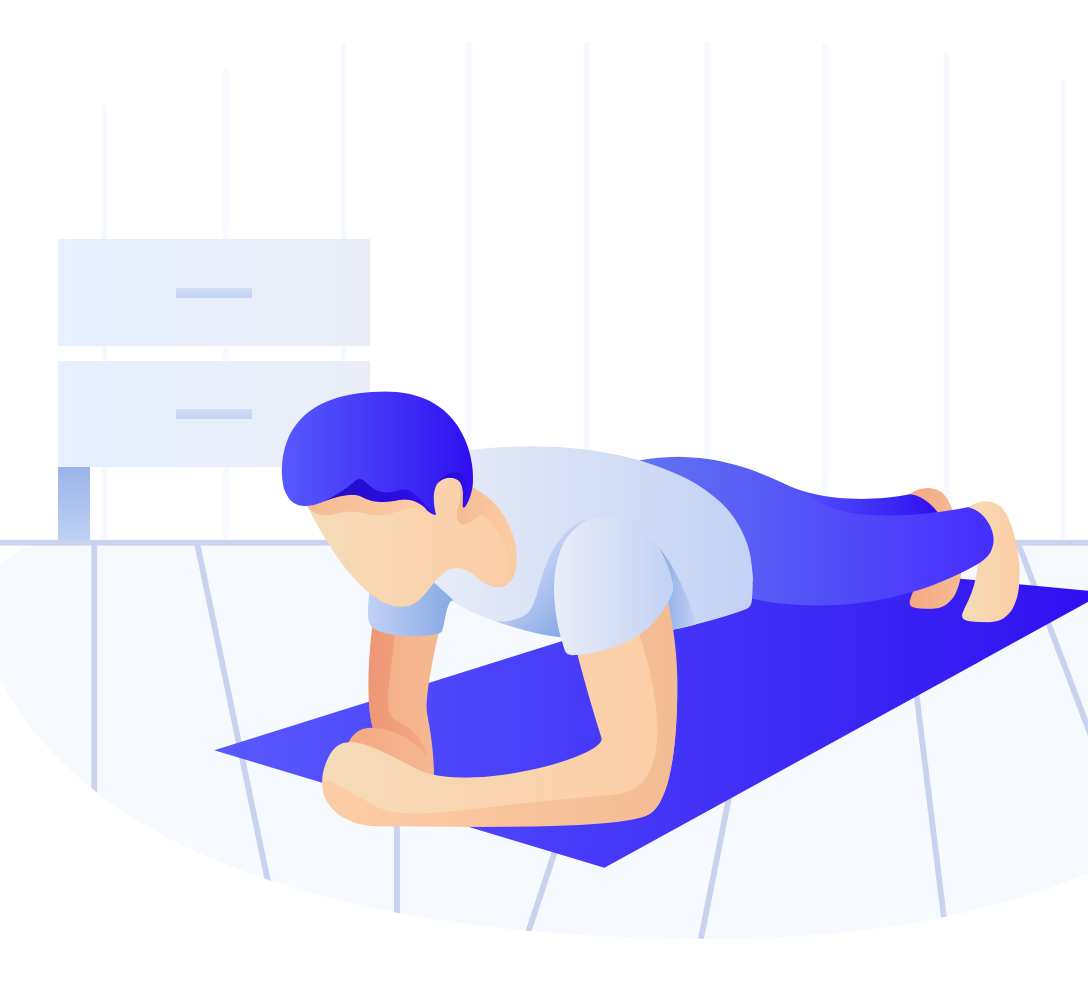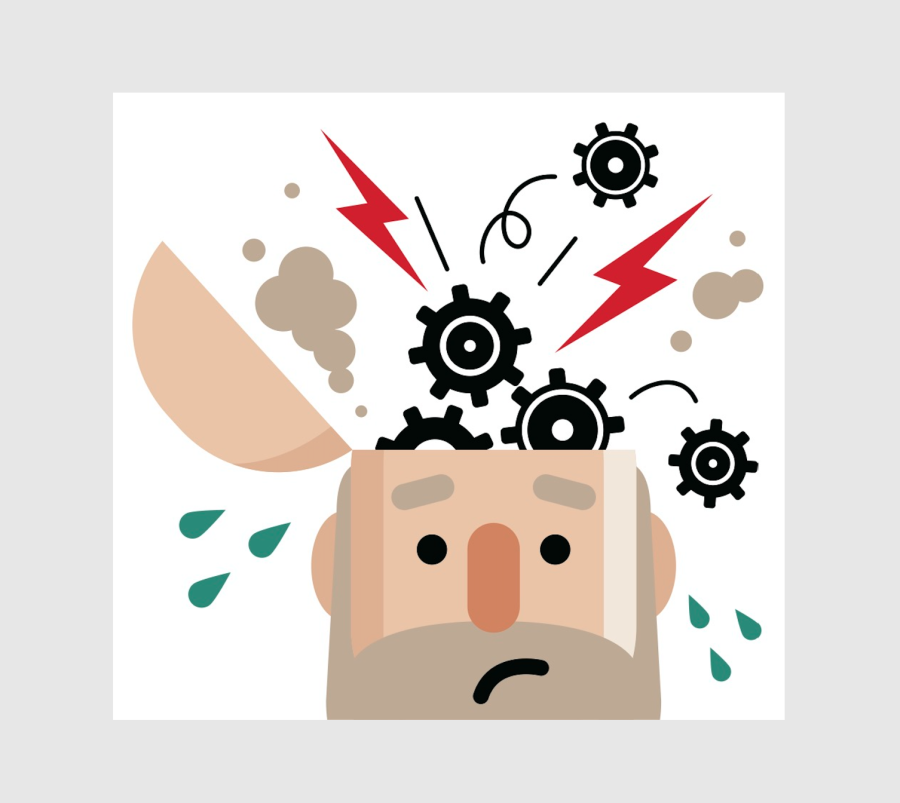Nutritional advisor Emma Bulbeck offers some simple steps to safeguard your mental wellbeing in a time of uncertainty and disruption…
1. Keep Blood Sugar In Check
Processed and refined foods are often high in simple sugars, which cause spikes in blood sugar levels, followed by a slump, potentially contributing to mood swings, hormonal imbalances and inflammation.
Research is suggesting that depression may be an inflammatory disorder, therefore it’s advisable to eat a well-balanced diet consisting of mostly fruits and vegetables, good-quality protein, healthy fats and complex carbohydrates.
2. Get A Vitamin D Boost
There has been a drop in pollution levels worldwide since lockdown began, resulting in improved air quality and brighter sunlight.
Vitamin D contributes towards the normal function of the immune system and is important for mood, encouraging serotonin production (our happy hormone).
Studies suggest that exposure to bright light is a possible approach to managing both seasonal and non-seasonal depression.
There’s also an association between vitamin D status and the gut microbiome, and taking a live bacteria supplement has been shown to increase circulating vitamin D levels.
TRY THIS: Bio-Kult Advanced Multi-Strain Formulation (£9.48, bio-kult.com)

Getty Images
3. Exercise Daily
Fitness is fantastic for mental wellbeing, as studies suggest it may modulate serotonin and other neurotransmitter levels in the brain.
It also adds some much-needed structure and routine to your days, as well as giving a sense of purpose and achievement.
RELATED: Keep Fit With This No-Equipment Home Workout
4. Connect With Yourself
If you stop and pause from the unsustainable pace of modern life, you might discover there’s joy to be found in finding talents or interests you didn’t know you had.
Try journaling, mediation, yoga, or deep-breathing exercises. Or if they aren’t for you, try gardening, baking, reading, painting, or learning a language – anything that gets you trying new things and working your mind.
5. Limit Social Media
With extra time on our hands and less distractions from daily life, it might mean you’re scrolling through social media more often, which can have a negative impact on your mental health.
It’s wise to set yourself a daily limit, or create a new account and follow people that inspire you. Everyone’s lives are different and you shouldn’t compare your behind-the-scenes to someone else’s highlight reel.

Getty Images
6. Reach Out
In these times, hope is found in a sense of community and togetherness. Having purpose and feeling valued are effective ways to improve mental wellbeing.
Volunteer in your community or with the NHS, or simply check in with family members and let them know you’re there.










